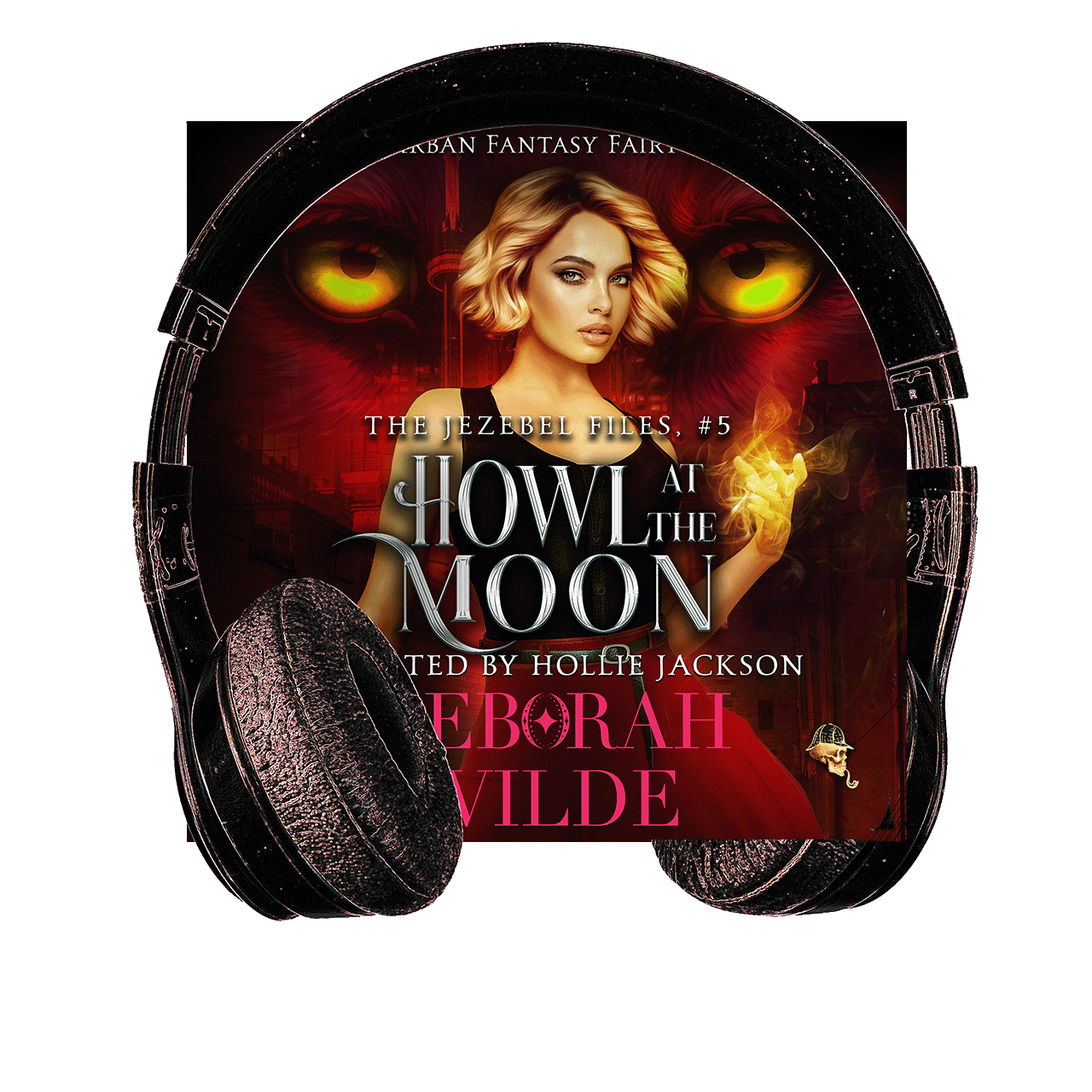Howl at the Moon (The Jezebel Files, #5) Audiobook
Howl at the Moon (The Jezebel Files, #5) Audiobook
Couldn't load pickup availability
Dr. Raisa Montefiore has based her life on science, but at the moment, only three facts are relevant: A) werewolves don’t exist, B) she may have created the one standing in front of her, C) revisit fact A.
She’s a magic scientist with a mission to heal, but when her passion project is twisted to create the world’s first wolf shifter and her entire world comes crashing down, she’s thrown from the lab and onto a path filled with changing—and dangerous—unknowns.
With her life’s research on the line, she’s forced to work with the wolf, an infuriating man who was bossy enough before he went furry. Worse still is their cover story: fake dating. Their deadly pursuers are looking pretty good in comparison.
She’s trusting the Big Bad Wolf to protect her from the perils of the forest, while hoping he’s not the biggest danger of them all. Or that she won't give in to the urge to throw his corpse in a vat of strong acid, leaving no trace of his remains.
Either way, Raisa is redeeming her life’s work and no man—or wolf—is going to stop her.
The fun of the Jezebel Files World continues! Love, danger, and magic collide in this action-packed urban fantasy featuring witty banter, a shifter romance, and a clever Red Riding Hood retelling. (Plus, more of Ash and the gang.)
Binge the complete audiobook series now!
FAQ HOW DO I GET MY AUDIOBOOK?
FAQ HOW DO I GET MY AUDIOBOOK?
Audiobooks are delivered instantly by a link in your confirmation email (as a backup, you will also receive a link by email from our delivery partner, Bookfunnel).
FAQ HOW CAN I LISTEN TO MY AUDIOBOOK?
FAQ HOW CAN I LISTEN TO MY AUDIOBOOK?
You can listen in your browser, on the Free BookFunnel App, or Download MP3 files and enjoy!
100% Human Narrator!
100% Human Narrator!
That would be Hollie Jackson.




